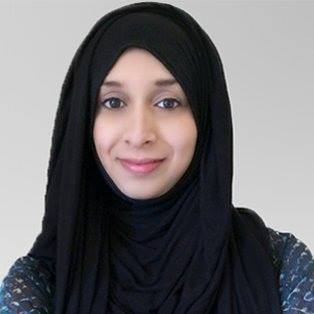The 2022 French elections are due to be held on the 10th April this year, with over 40 candidates from across France contesting to lead the country. However, the main front-runners prove no reassurance to over 5 million of France’s Muslim population which has seen Islamophobia rise within the country over the years.
Muslims in France are struggling to decide on who to vote for, and even whether it is worth voting in the upcoming elections. This has been mainly due to French political candidates expressing varying degrees of Islamophobia and openly racist views which they continue to reiterate time and time again.
The current French President, Emmanuel Macron, came to power in 2017, representing the La Republique En Marche party. Macron once vowed to be a President ‘for all the people in France’ but, throughout his tenure, he ostracised Muslims by being the first ever European country to ban the full face veil in 2011. He went on to pass legislation forbidding the wearing of hijab in certain public settings, all under the guise of secularism.
Macron’s anti-Muslim policies did not stop there as, in 2020, he made a speech announcing that he would crack down on what he calls “Islamist separatism” and would be banning foreign imams from teaching Islamic classes in the country. “Political Islam has no place in France,” stated Macron, who went on to mention how he felt that “Islam is facing a crisis”.
There is no doubt that the anti-Muslim rhetoric made by Macron was said in an attempt to appeal to far-right voters and appease the President of the National Rally, Marine Le Pen. But, frustratingly, Muslims in France are having to bear the brunt of such rhetoric, which only serves to heighten fears and divisions in the country. But is that not what many of France’s main political candidates want to achieve?
Is Mali leading the long-overdue anti-France African revolt?
If we take a look at the other main candidates up for election, most of them hold extreme far right stances. Take Marine La Pen (National Rally), who is notorious for holding both Islamophobia and anti-Semitic viewpoints. Le Pen proposed to ban the hijab in all public settings. More shockingly, she even went on to state that the hijab was a piece of clothing with “Islamist ideologies” and branded them with unacceptable remarks stating that hijab was “totalitarian and murderous”. A remark which is far from the truth, and deeply damaging and offensive to the Muslim population of France who Le Pen, in no way, could ever represent.
Worst still, the other main candidate, Eric Zeymour (Raconquete Party), is far more ludicrous and spews both racist and anti-Muslim sentiments openly and unapologetically. Zeymour targets Muslims, calling for their ‘assimilation’ and demands that French Muslims ‘renounce their faith’. There is a real fear that if these more sinister far-right politicians come into power, Muslims could face more hardships than they already have to face.
Having interviewed many French Muslims in my capacity as a journalist, Muslims in the country feel they have no real representative who cares for their needs and that whoever they choose will carry on the ongoing Islamophobic narrative that has been prevalent in the country for years.
The seeds of hatred and division against Muslims in France have been sowed, year after year, and have essentially become an Islamophobic arena, whereby politicians are using Muslim bashing as an electoral strategy to win votes. It is no wonder that Muslims in the country do not know which is the lesser of two evils when deciding on who will next lead the country, but with the current candidates Muslims are bracing for another tough year ahead.
Macron’s colonial nostalgia: anti-Muslim Islamic project
The views expressed in this article belong to the author and do not necessarily reflect the editorial policy of Middle East Monitor.

![French far-right party Rassemblement National (RN) presidential candidate Marine Le Pen arrives for a meeting in Reims, France on February 5, 2022. [Albert Cara - Anadolu Agency]](https://i0.wp.com/www.middleeastmonitor.com/wp-content/uploads/2022/02/20220205_2_52045943_73359846.jpg?fit=920%2C613&ssl=1)







